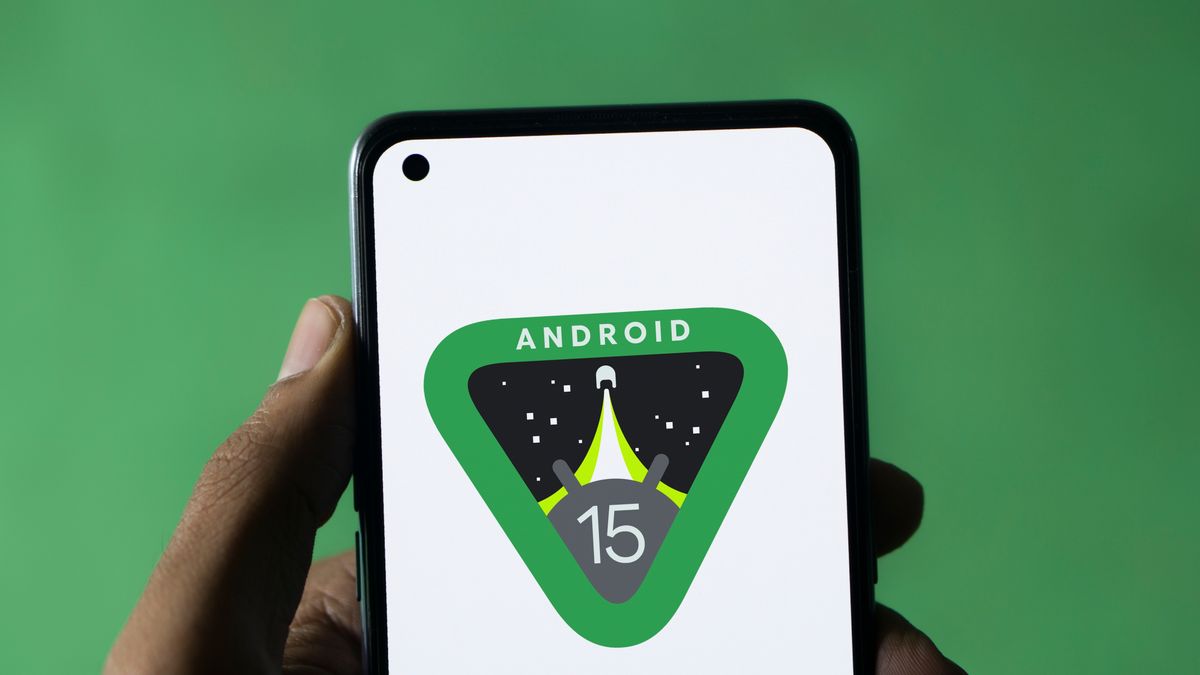Android 15 could bring in a new feature that allows users to perform device diagnostics on their phone without needing the aid of a repair center.
Through digging around in the Android 15 Beta 3, Android Authority’s Mishaal Rahman discovered a new Device Diagnostics option in the Settings app on one of his Pixel phones. Exploring further, Rahaman found that the feature has two options: “Component health” that lets you “run manual tests and view battery and storage health” and “Evaluation mode” that enables users to “use one device to assess another device.”
Now Android devices already offer information such as battery health, but this Device Diagnostics option looks like it digs a bit deeper and can serve up manual tests to check the display and touch screen response. Component tests look centered around diagnosing the battery status and analyzing storage – likely checking at how robust the onboard storage is rather than serve up how much is being used.
Rahman reported that the display test cycles through a series of different colored screens so people can more easily see if there are any defects on the display. And the touch test turns the display red and then turns white as a person runs their finger across it, the idea being that faulty areas won’t turn white.
The battery status gives a health check on the cell showing its current full charge capacity as a percentage versus when the cell was completely new. The storage status, meanwhile, gives a percentage of how much life the storage chip has left; you’re more likely to have moved to a different phone before a storage chip gives up the ghost, but it’s still handy to know if your phone suddenly starts exhibiting storage problems.
DIY diagnostics
While hardware problems with smartphones tend to require you to send a phone back to its maker or take it into a service center, this Device Diagnostic feature could at least give owners an idea of whether the problems on their phone are hardware or software-based.
It could also help surface a small problem that one might be able to live with once a phone is out of warranty, versus a bigger issue that’ll require proper attention. Plus it may help detect what are actual errors versus what someone might perceive as a problem.
Now even if this Device Diagnostics feature becomes a proper fixture in the full release of Android 15, which we’re expecting to take place around October time, it won’t be a magic bullet for all Android phone issues.
But it’s good to see Google provide the means to get a better look at the health of a phone without needing to seek out professional help. And such things could more readily pave the way for more DIY smartphone repairs.











